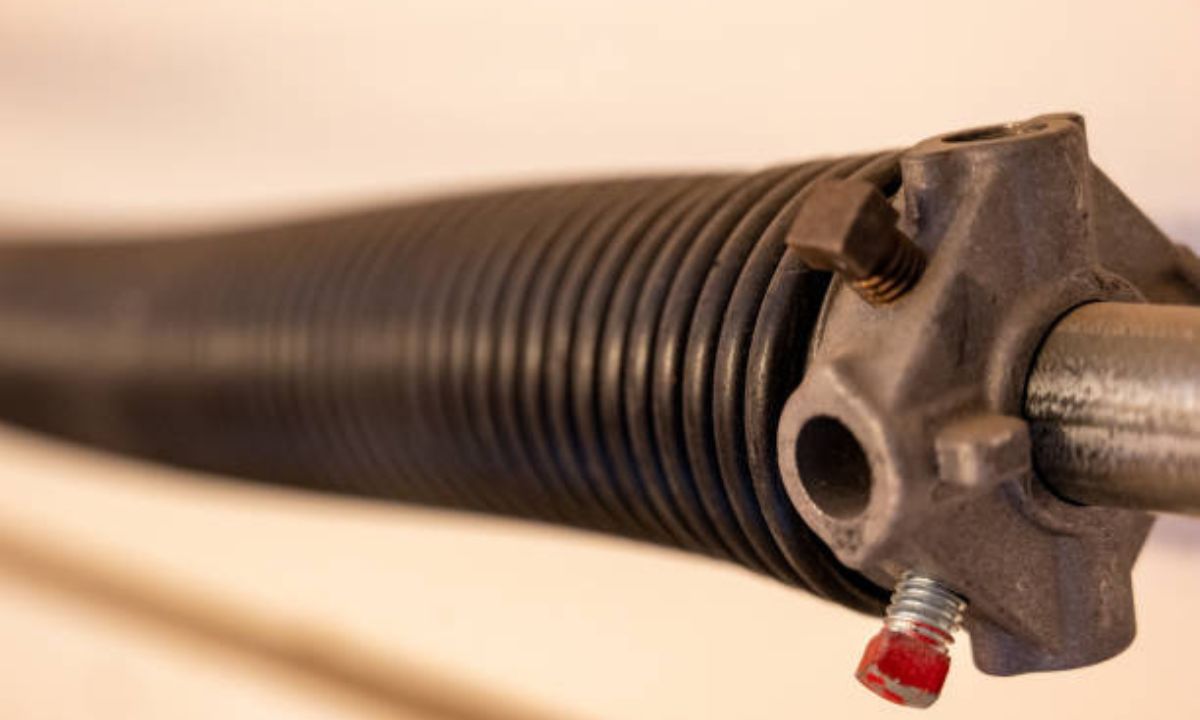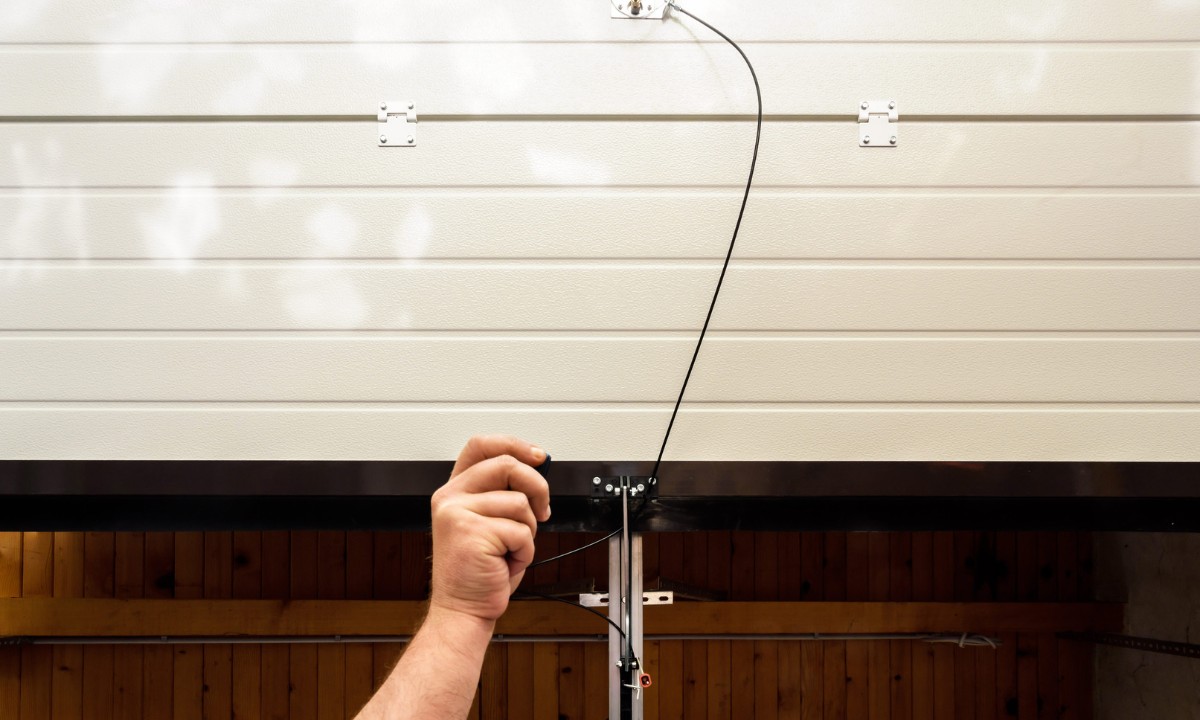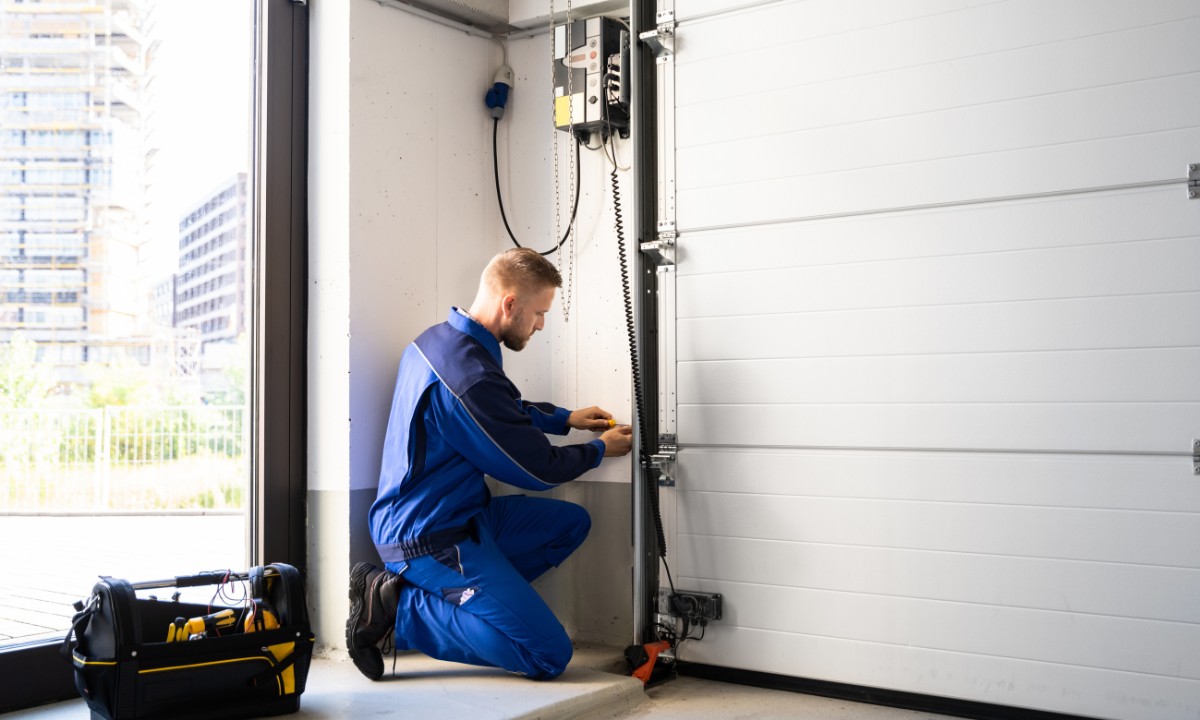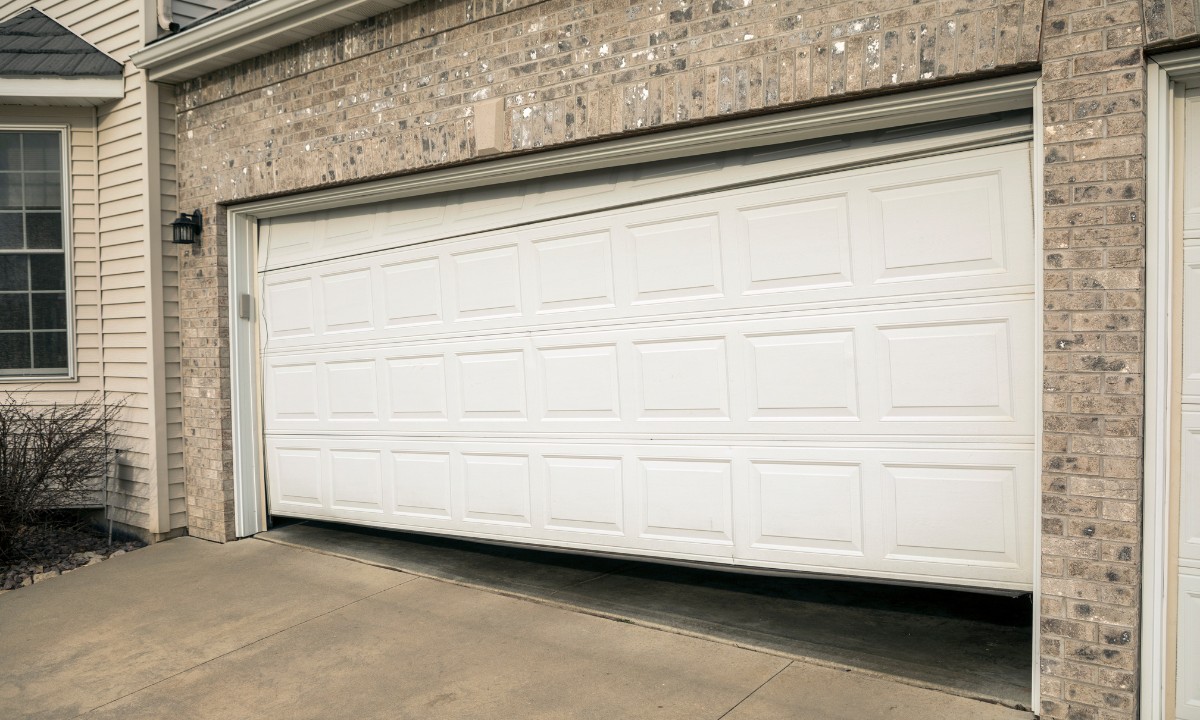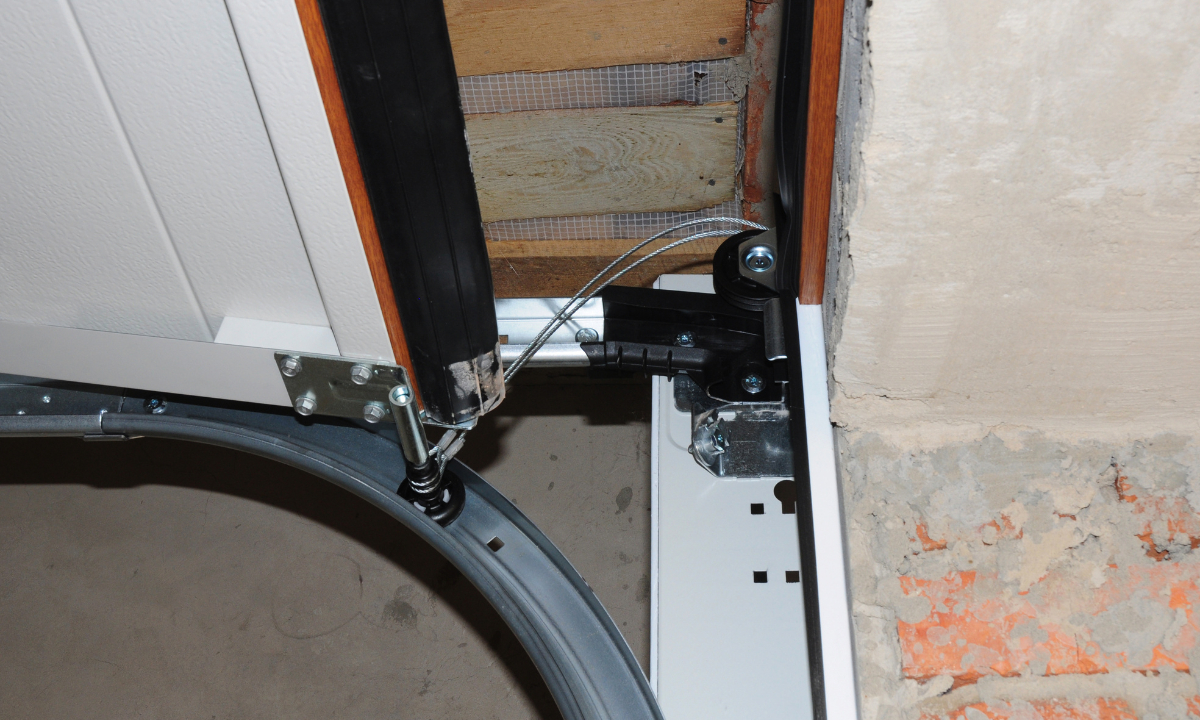Knowing the Different Types of
Garage Door Springs and Their Advantages in Fort Lupton, Colorado
Introduction
The proper operation of your garage
door is greatly dependent on the vital components known as garage door springs.
Knowing the various kinds of garage door springs and their unique advantages is
crucial in Fort Lupton, Colorado, where unpredictable weather and heavy use can
strain garage door components. Selecting the appropriate spring type for your
garage door will improve its longevity, safety, and operation.
Colorado's Fort Lupton Spring Types
For Fort Lupton garage doors to
withstand the everyday rigors and temperature swings that are typical of the
area, strong and dependable springs are required. You can choose wisely whether
to replace or repair your garage door springs by being aware of your options.
Contact Information
Call David Garage Door Spring Repair
at 720-637-1160 for professional garage door spring repair in Fort Lupton.
Types of Spring Repair
Torsion springs and extension springs
are the two primary types of garage door springs used in residential and
commercial garage doors. Every kind has advantages of its own and works best
with particular kinds of garage doors.
Torsion Springs
Located above the garage door, these
springs twist to produce the force required to raise and lower the door. For
heavier doors, torsion springs work more smoothly, are more resilient, and are
a great choice. They usually offer more even control over the movement of the
garage door and are more durable than extension springs.
Advantages
Increased robustness and longevity
quieter and more fluid operating
improved balance and less wear and
tear on other parts
Extension Springs: When the garage
door moves, the extension springs on either side of the door expand or
compress. These springs are less expensive than torsion springs and are
frequently used on lightweight garage doors. For smaller or less frequently
used doors, they are nevertheless functional even though they don't last as
long as torsion springs.
Typical Problems
Certain types of springs may
encounter certain problems based on how they are used and cared for.
Problems with Torsion Springs
Breakage: Because of their
continuous stress and weight, torsion springs are susceptible to breaking over
time. A broken torsion spring can make the door extremely heavy and challenging
to remove.
Wear and Tear
Torsion springs are more resilient
than other springs, but they nevertheless deteriorate over time, particularly
with repeated use.
Extension Spring Problems
Loss of Tension
Over time, extension springs may
experience a loss of tension, which may result in an uneven door operation or a
heavier sensation.
Extension springs are more likely to
snap because of their design, which can lead to an abrupt failure and could
harm the garage door or nearby components.
Spring Replacements: It's critical
to select the appropriate type of garage door springs based on your door's
weight, usage frequency, and financial constraints. Long-term performance and
safety can be ensured by replacing springs with premium options that are
customized to your demands.
Selecting the Best Type for Your
Requirements
Torsion springs are a more suitable
choice for large, heavy garage doors that are used frequently (such in a commercial
environment) because of their resilience and capacity to support larger
weights.
Home Use and Economical Alternative
Extension springs might be an
affordable alternative for smaller, less often used home doors. Even though
they might not last as long as torsion springs, with the right care, they can
still function dependably.
Upgrading to High-Cycle Springs
High-cycle solutions are available
for both torsion and extension springs. For garage doors that are used
frequently, these springs are an excellent investment because of their extended
lifespan and ability to withstand more opening and closing cycles.

